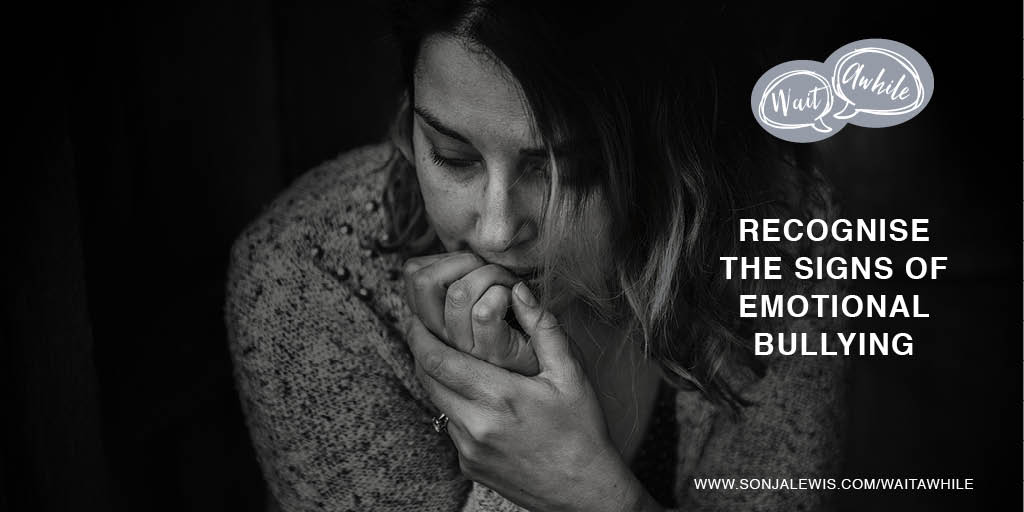UIO Launches Wait Awhile For Teenage Girls
UIO, the podcast for teen girls, launched our Wait Awhile initiative, to encourage teenage girls to slow down and reclaim their teenage years to avoid unnecessary regrets. For years now, I have watched the world of teenage girls change rather radically. I had suspected for some time that due to modern day pressures, girls were being sexualised earlier and earlier, narrowing the gap between being a girl and a woman.
Our Wait Awhile survey not only confirms my concerns but also reveals the hidden story behind the trend that is seeing an increase in pressures such as sexting, tattooing, cosmetic surgery and missing out on real life experiences and often with regret.
In our news regularly now, we are hearing and seeing tragic stories about self-harm and even suicide. Much of the pressure does come from social media but social media does not happen in a vacuum. Teenage girls tell me that this notion of being perfect and happy all the time is impossible to live up to on and offline and to try, whether it is by filtering photographs online or trying to fit into an uncomfortable space offline, requires great compromise and can therefore cause unprecedented stress and anxiety.
UIO, through our podcasts and our Wait Awhile initiative, want to relieve girls of this undue pressure. Admittedly, the teen years have always been a challenge but the modern day pressures for girls are unprecedented.
We want to hear from you–teen girls and have provided a platform on our page for you to talk about your experiences, tell us how we can help and how others can help, too. One thing we are already doing is supporting The Telegraph’s statutory duty of care effort to be imposed on social media companies to better protect children from online harms, as related to teenage girls.
Keep watching this space for more on Wait Awhile, you can follow us on Twitter (@uiowaitawhile). And if you missed it, you can catch up with my recent BBC television appearance on the Victoria Derbyshire show on 23rd April 2019 via iplayer until mid-May. As always, it is all about you, the teenage girl.



